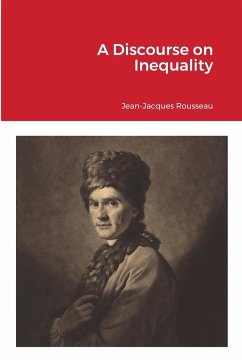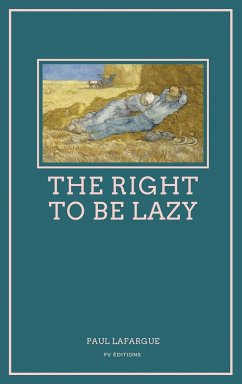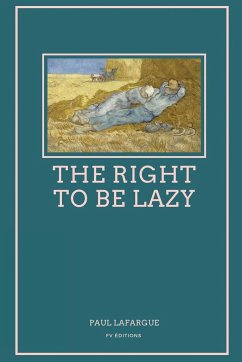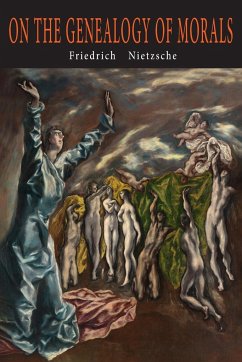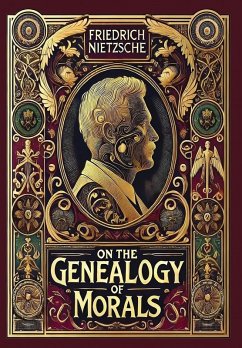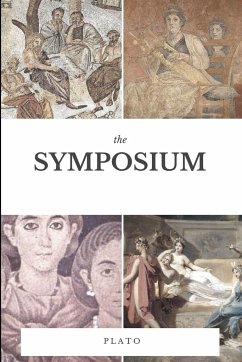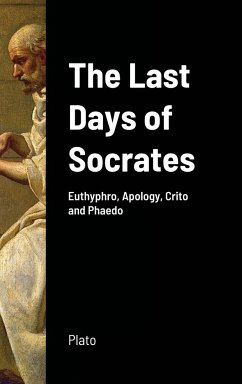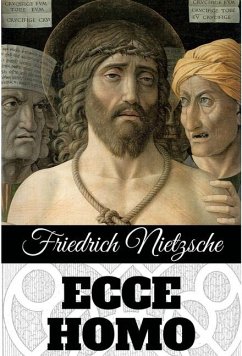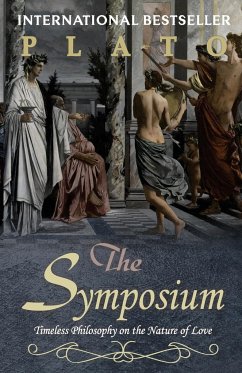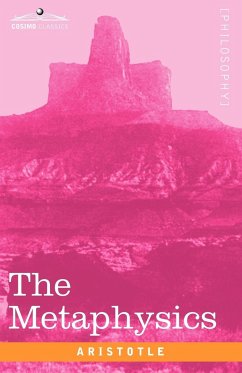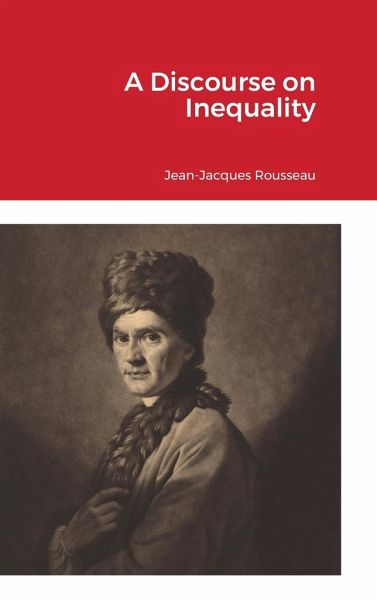
A Discourse on Inequality
Versandkostenfrei!
Versandfertig in 1-2 Wochen
24,99 €
inkl. MwSt.
Weitere Ausgaben:

PAYBACK Punkte
12 °P sammeln!
In A Discourse on Inequality, Rousseau demonstrates how civilization's growth corrupts man's natural happiness and freedom by creating artificial inequalities of wealth, power, and social privilege. Contending that primitive man was equal to his fellows, Rousseau believed that as societies become more sophisticated, the strongest and most intelligent members of the community gain an unnatural advantage over their weaker brethren and that constitutions set up to rectify these imbalances through peace and justice in fact do nothing but perpetuate them. Rousseau's political and social arguments i...
In A Discourse on Inequality, Rousseau demonstrates how civilization's growth corrupts man's natural happiness and freedom by creating artificial inequalities of wealth, power, and social privilege. Contending that primitive man was equal to his fellows, Rousseau believed that as societies become more sophisticated, the strongest and most intelligent members of the community gain an unnatural advantage over their weaker brethren and that constitutions set up to rectify these imbalances through peace and justice in fact do nothing but perpetuate them. Rousseau's political and social arguments in the Discourse were a hugely influential denunciation of the social conditions of his time and one of the most revolutionary documents of the eighteenth century.






